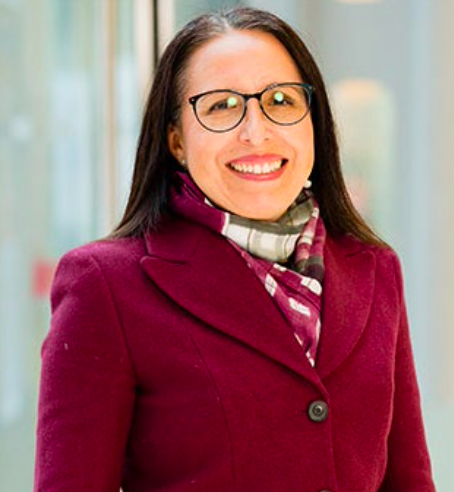
The Cultural Heritage Perspective International Group aims to build research capacity and facilitate knowledge cross-cultural exchange and cooperation in the field of cultural heritage management.
It wants to bring together different perspectives, expertise and knoweldge to address current challenges and possibilities surrounding cultural heritage, and produce high-quality, impactful outputs that contribute to academic knowledge, innovation, policy development and impacts communities.
AIMS AND OBJECTIVES

Establish and expand a formal research network comprising academics, researchers, and stakeholders from participating institutions working across different aspects of cultural heritage studies.
Identify and prioritize key research themes of mutual interest for collaborative investigation.
Develop and implement joint research projects, including proposals for national and international research funding.
Organise regular workshops, symposium, and conferences to disseminate findings and encourage scholarly dialogue.
Support early-career researchers and PhD Candidate through mentorship, joint supervision, and research mobility.
Publish joint research papers in peer-reviewed journals and present findings at relevant academic and industry forums.

Center for Heritage Conservation (CHC) is one of the eight thematic Centers of CEPT Research & Development Foundation (CRDF). CRDF is the research and advisory arm of CEPT University. The Center focuses on research, advisory services and capacitybuilding in the practice and policy of heritage conservation in the country. With a firm belief in the ethics of conservation and sustainability, the Center engages with municipal corporations, departments, and ministries at central and state level, private practitioners, and developers to guide practice on the ground and create sustainable and equitable solutions. CHC-CRDF actively engages in education and training through collaborative research projects, professional training programs and studio-based courses in partnership with CEPT University. The Center partners with local NGOs and international institutions to support these activities.
CEPT University focuses on understanding, designing, planning, constructing and managing human habitats. Its teaching programs aim to build thoughtful professionals and its research programs deepen understanding of human settlements. CEPT University also undertakes advisory projects to further the goal of making habitats more liveable. Through its education, research and advisory activities, CEPT strives to improve the impact of habitat professions in enriching the lives of people in India's villages, towns and cities. PhD programs at CEPT are offered at the Faculty of Architecture, Faculty of Planning and Faculty of Technology. The objective of the doctoral programs is to prepare the scholars towards advanced research and training, aiming to contribute towards creating new knowledge in their area of study. The programs aspire to build up core competencies like research capabilities, critical thinking and writing, preparedness for publishing, and communication through rigorous coursework.
CEPT University focuses on understanding, designing, planning, constructing and managing human habitats. Its teaching programs aim to build thoughtful professionals and its research programs deepen understanding of human settlements. CEPT University also undertakes advisory projects to further the goal of making habitats more liveable. Through its education, research and advisory activities, CEPT strives to improve the impact of habitat professions in enriching the lives of people in India's villages, towns and cities. PhD programs at CEPT are offered at the Faculty of Architecture, Faculty of Planning and Faculty of Technology. The objective of the doctoral programs is to prepare the scholars towards advanced research and training, aiming to contribute towards creating new knowledge in their area of study. The programs aspire to build up core competencies like research capabilities, critical thinking and writing, preparedness for publishing, and communication through rigorous coursework.


WHO WE ARE






PhD Candidates
Project Lead
Prof Mike Robinson

Professor of
Cultural Heritage, NTU
UNESCO UK National Commission

Adjunct Associate Professor Faculty of Architecture, CEPT
Chair MA Conservation and Regeneration Program

Staff Members
Project Lead

Sr. Associate Professor, Faculty of Planning, CEPT
Head Doctoral Office, CEPT
Members

Professor, Faculty of Architecture, CEPT
Head of the CHC Research Centre, CRDF

Associate Professor in Architecture – MArch Architecture Course Leader – RIBA Part 2, Nottingham Trent University


Program Lead Assessment & Training, CHC, CDRF
Visiting Faculty Architecture, CEPT
Associate Professor, School of Architecture, NTU
Director of Doctoral Programmes




Simona Cosentino
NTU - ADBE
Heritage Mobilisation, Communities Sustainable Development

Ashna Patel
CEPT - CHC
Heritage Tourism,
Community-led Conservation
Urban Regeneration
Members
Kathryn Birch
NTU
Keywords

Zeus Pithawalla
NTU - ADBE
Digital Heritage
Heritage Interpretation
Seriuos Gaming

Nigar Shaikh
CEPT - CHC
Construction Technology
Structural Analysis
Name
Keywords
